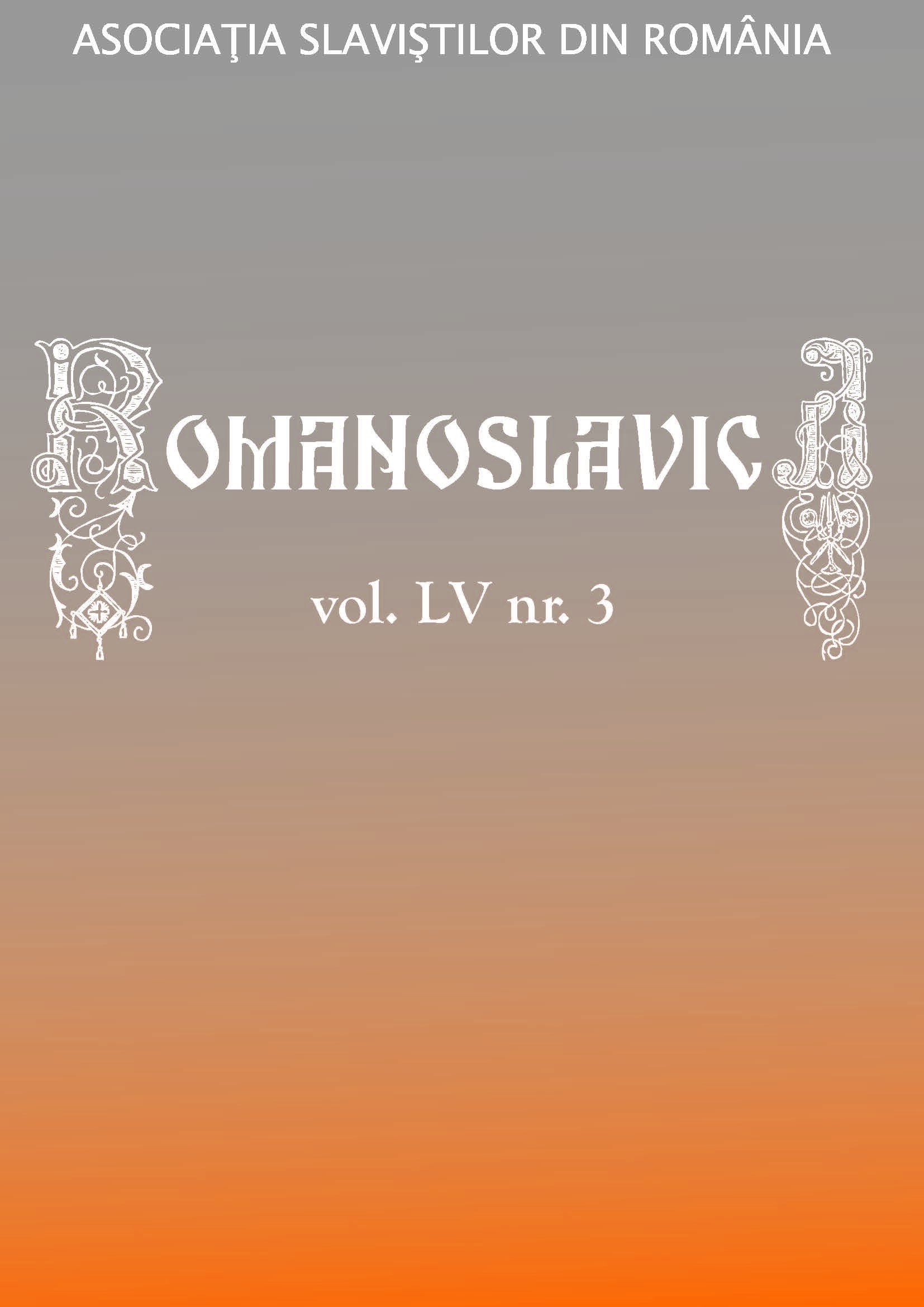Ideologizarea dezvoltării lingvisticii generale (teoretice) în Ucraina şi în Romania în secolul al XX-lea (perioada comunistă)
Features of ideologization in the development of general linguistics in Ukraine and Romania in the XXst century (Communist period)
Author(s): Sergii LuchkanynSubject(s): Language and Literature Studies, Semiotics / Semiology, Historical Linguistics, Comparative Linguistics
Published by: Editura Universităţii din Bucureşti
Keywords: linguistics and ideology; theory of language; linguistic policy; history of linguistics; Romanian linguistics; Ukrainian linguistics; the ideologization;
Summary/Abstract: This investigation does not deal with a specific field of sociolinguistics; neither does it deal with questions related to the russification, ukrainization, romanization, magyarization and other. The main focus of this paper is the penetration of the official state ideology into the discussions of and on the nature and essence of human language in general such as: the subject of general linguistics; the representation of the dominant ideology in the internal structure of the language system; methods of linguistic research. All this is characteristic of the historical development of general linguistic ideas and theories in the Ukrainian, Soviet and Romanian linguistics of the twentieth century. This paper examines the components of ideologisation of theoretical linguistics: the Marrism in 1920-1940-s, in Romania - after World War II; the "Stalin stage" of the Ukrainian-Soviet and Romanian theoretical linguistics after the "linguistic debate" in the USSR in 1950-s, which was attended by Stalin with his work "Marxism and Problems of Linguistics" and before the beginning of the 1960-s, after the exposure of Stalin’s cult of personality; Soviet ideologisation of linguistics in the period between 1960-1980 in such aspects as social nature of language, its origin and development in the process of social activities; the relationship between language and thought, in particular, the problem of understanding the categories of language and thought in their relationship and historical development; the essence of linguistic meaning; the nature of linguistic sign; classification of research methods of the language, even in the matter of the system and the structure of the language system and understanding of language as a "system of systems". The ideologisation of Romanian linguistics in the 1970-1980s manifested primarily itself in sociolinguistics as "cultural issues of language under the influence of socialism"; in lexicography in interpreting the meaning of separate words and excessive "scientism"; in research works devoted to territorial and social stratification of the language; and its development in connection with the history of nation, exaggeration of Dacian substrate in the formation of the Romanian people and its language.
Journal: Romanoslavica
- Issue Year: LV/2019
- Issue No: 3
- Page Range: 135-145
- Page Count: 11
- Language: Romanian

